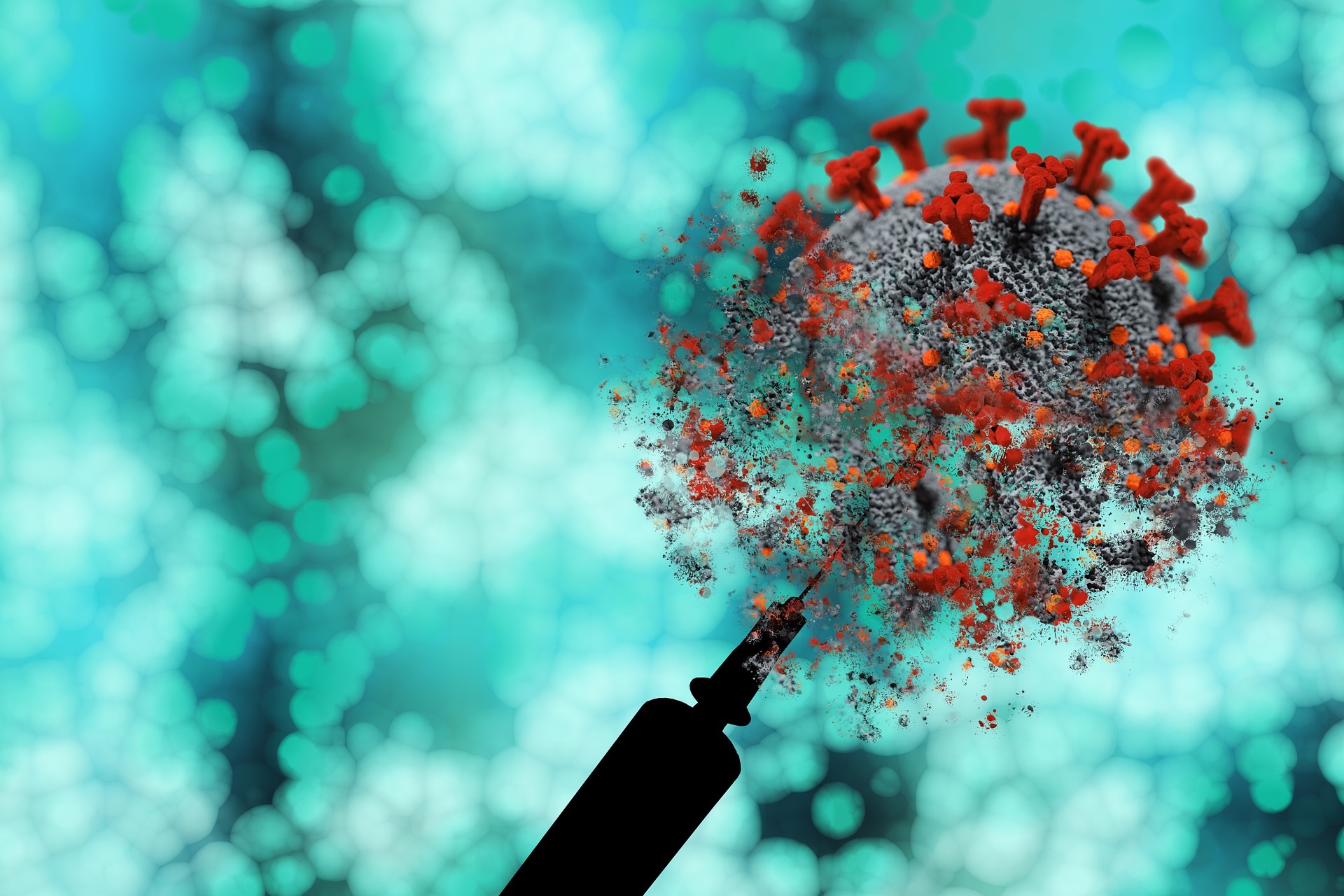
Real-World Applications of Generative AI in Healthcare and Biotechnology
In the dynamic realms of healthcare and biotechnology, innovation knows no bounds. Generative Artificial Intelligence (AI) emerges as a transformative force, reshaping the landscape of medical research, diagnosis, treatment, and drug discovery. In this article, we'll explore the real-world applications of Generative AI and its profound impact on advancing healthcare and biotechnology.
Revolutionizing Medical Imaging:
Generative AI algorithms have revolutionized medical imaging, enhancing the accuracy and efficiency of diagnostic processes. From detecting anomalies in X-rays and MRI scans to reconstructing 3D images from 2D data, Generative AI enables clinicians to make more informed decisions and improve patient outcomes.
Personalized Medicine and Drug Discovery:
Generative AI plays a pivotal role in personalized medicine and drug discovery, tailoring treatment plans and therapies to individual patient needs. By analyzing vast datasets and predicting molecular structures, Generative AI accelerates the drug development process, leading to the discovery of novel treatments for complex diseases.
Advancing Genomics and Proteomics:
In the fields of genomics and proteomics, Generative AI unlocks new insights into the intricate workings of the human body. By generating synthetic DNA sequences and predicting protein structures, Generative AI facilitates genetic research, enabling scientists to unravel the mysteries of disease mechanisms and genetic disorders.
Enhancing Patient Care and Clinical Decision-Making:
Generative AI-powered chatbots and virtual assistants enhance patient care by providing personalized health recommendations, answering medical queries, and offering support to patients and caregivers. Moreover, Generative AI algorithms aid clinicians in clinical decision-making, providing evidence-based insights and treatment recommendations based on patient data and medical literature.
Improving Healthcare Operations and Resource Allocation:
Generative AI optimizes healthcare operations by forecasting patient volumes, predicting disease outbreaks, and optimizing resource allocation. By analyzing healthcare data and predicting patient flow patterns, Generative AI enables hospitals and healthcare systems to streamline workflows, reduce wait times, and improve patient satisfaction.
Ethical Considerations and Regulatory Challenges:
While Generative AI holds immense promise in healthcare and biotechnology, it also presents ethical considerations and regulatory challenges. Issues such as data privacy, algorithmic bias, and transparency must be addressed to ensure responsible deployment and ethical use of Generative AI technologies in healthcare settings.
Looking Ahead:
As we look to the future, the potential of Generative AI in healthcare and biotechnology is limitless. From personalized treatment strategies to novel drug discoveries, Generative AI continues to push the boundaries of medical innovation, transforming the way we diagnose, treat, and prevent diseases.
Join the Healthcare Revolution:
Are you ready to embrace the transformative power of Generative AI in healthcare and biotechnology? Join the revolution and explore the endless possibilities of this groundbreaking technology. Together, we can usher in a new era of medical innovation and improve healthcare outcomes for patients worldwide.